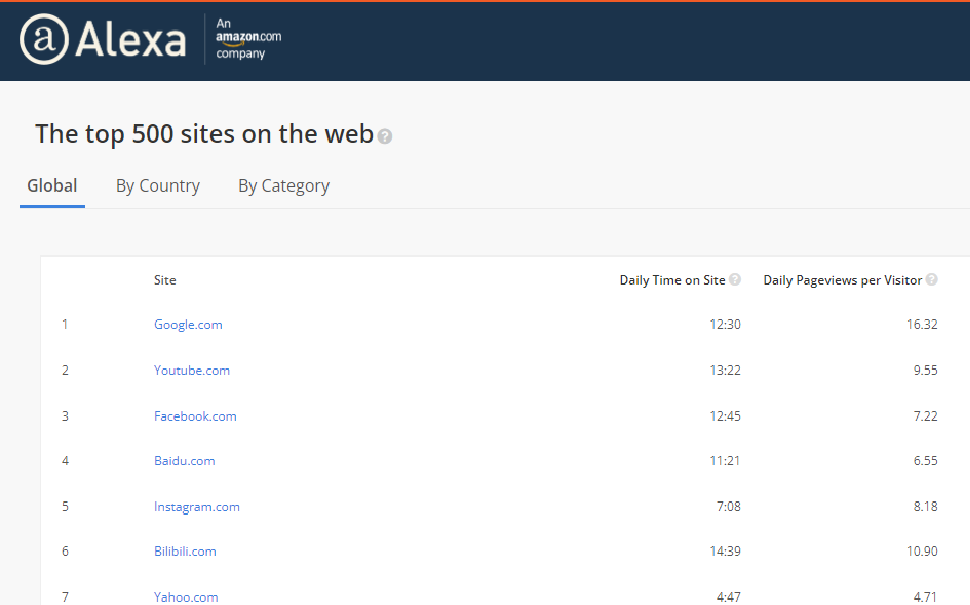Advantages Of Web 3.0

Web 3.0, the third iteration of the Internet, will bring a paradigm shift in the way we use the internet for our social interactions, information, and online shopping and transactions. In the Web 3 world, users will be empowered to have more democratic online participation with greater privacy and control over personal data. This version of the internet will be in a decentralized format with the help of blockchain, AI/ML and IoT technologies.
There are two schools of thoughts, one that believes that web 3.0 will demolish the monopoly of big internet giants that control the centralized web 2.0 version. At the same time, many experts are skeptical whether the decentralized format would be difficult to monitor and regulate internet activities and hence could lead to a rise in cybercrimes, and online abuses.
Moreover, we at BlockChainSentry believe that change is inevitable and a new change in the beginning takes time to become perfect. Similarly, the Web3 internet version is in its formative stages and it will soon overcome the initial technical hiccups and will change the way we use information.
In our previous blog, we looked at the origins of Web 3.0, how it differs from prior versions of the internet, what are its components, and how it ties to blockchain technology. This technology is a new emergent structure that has challenged the thinking of institutions and professional investors and also motivated huge brands and entrepreneurs to create new products based on blockchain technology. The development of this technology is a real question, but understanding why it has gained so much attention, will come with realizing the advantages of Web 3.0.
Anti Monopoly
According to recent research by siteefy.com, there are around 1.17 billion websites in the World. 17% of these websites are active, and 83% are inactive. Out of these, Google stands out to be the most popular website on the Internet according to Alexa Top 500 Global Sites Rating.


This means users don't have a better option and have been influenced and captivated by these technological giants for a very long time. The monopolistic structure will be changed with Web 3.0 which aims to decentralize and anonymize people on the Internet by allowing them to engage directly without the need for third-party intermediaries.
Data Privacy
Information privacy is one of the most critical challenges in today's digital age. We have a right to privacy and it is a basic requirement. Many obvious data privacy issues exist in Web 2.0; communication devices are linked to big tech companies that track users' online actions. They can also locate the user's location, track them and sometimes record and sell this data to third-party information bidders for ad targeting and remarketing purposes.
In the Web3 era, decentralized identity, zero-knowledge proofs, and other related technologies the information-sharing methods will be transparent and personal data will be protected.
Data Security
Cyberattacks and breaches have become very common in recent years. The number of recorded cyber intrusion incidents grew by almost 68 percent in 2021 which is a significant drawback to Web 2.0.
Web 3.0 is predicted to be a game-changer when it comes to defending against cyberattacks and data security, because of its reliance on AI and ML, Blockchain as well as improved encryption technologies. To ensure the security of blockchains, automation tools will support the growth of this technology in the web3 world.
The automation solution for Vulnerability Management by BlockChainSentry uses Web 3 technology to pinpoint security problems on a blockchain network.
Transparency
The centralized nature of web 2.0 makes it nearly impossible to eliminate the possibility of personal data theft and use without the consent of the user. In Web 3.0, with decentralized and transparent blockchain technology, users can be aware of personal data and can have complete control over it. Users will be able to track online applications that have obtained their data using privacy-centric systems. Personal data control characteristics that sweep the board will also help to counter centralized data control entities.
Ownership Of Data
Large companies like Facebook and Amazon etc., currently have a plethora of servers keeping personal information such as income, interests, food choices, credit cards, and so on. This information is gathered to provide better services to the end-user but it has been sold to advertisers and marketers who pay billions of dollars each year for this personal information.
One of the most significant benefits of Web 3.0 is that the end-users will regain complete ownership and control of their data and have the security of encryption and choose if they are willing to share details or not.
Interoperability
Interoperability is a significant factor of Web 3.0. With a decentralized network, applications will be easier to integrate across numerous devices and platforms, such as televisions, smartphones, the internet, and so on.
Final Thoughts
The benefits of web 3.0 are obvious. Significant flaws highlighted with web 2.0, including centralized governance and data integrity concerns, point to the necessity for a new internet variety. Users could have access to an independent and open internet with this third generation of the web. Simultaneously, it will be fascinating to watch if the web 3.0 projects are sturdy enough to justify this upcoming form of the world wide web.